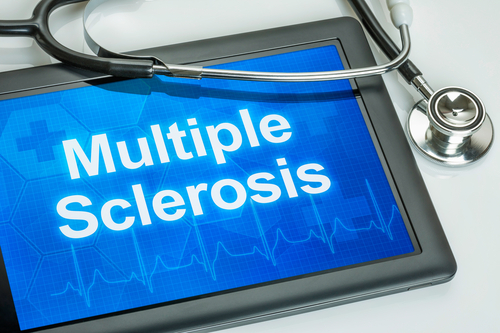
A study found that online programs centered around mindfulness were feasible and effective for patients with multiple sclerosis (MS).
Practicing mindfulness may be one way to help improve mental health among patients with MS, as well as reduce pain, but it may be difficult for patients to attend programs in person. The present study, a three-arm, randomized, controlled, mixed-method trial, sought to determine whether two different eight-week online mindfulness programs would be feasible as well as effective in terms of recruitment, practicality, acceptability, integration of mindfulness practice, and limited efficacy testing on mental health, quality of life, and pain.
Patients were randomized to one of three groups for eight weeks: mindfulness for MS (n=18), chair yoga (n=18), or wait-list control group (n=19). Data collection included daily home practice diaries, weekly reflective journals, and online questionnaires completed at baseline and post-intervention.
Online recruitment, program delivery, and data collection were feasible. The programs had a 65% signup rate, and they were completed by 87% of patients who said the programs were practical and acceptable. Integration of mindfulness practice into life varied from patient to patient; barriers to integration included time and fatigue. Efficacy measures did not statistically differ in the groups (P>0.05).







 © 2025 Mashup Media, LLC, a Formedics Property. All Rights Reserved.
© 2025 Mashup Media, LLC, a Formedics Property. All Rights Reserved.